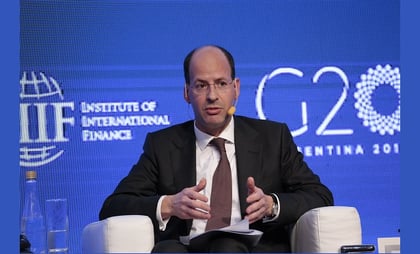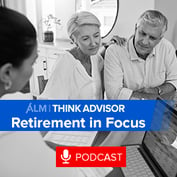As central banks the world over find their place in the monetary policy tightening cycle, the one at the helm is the most at risk of falling behind on interest-rate increases, according to Swiss Re AG’s Chief Economist Jerome Haegeli.
The Federal Reserve is “doing everything right,” Haegeli said in a phone interview Aug. 31 from Zurich. “But if you ask who do I think has risk of falling behind, it’s the U.S. because you have tight labor-market conditions” and wages with room to rise, he said.
Across the global economy, Haegeli sees a number of regions growing above their potential output and interest rates still “extraordinarily accommodative” — all pointing to more turbulence in the global economy, even before taking into account the risk of a protracted trade war. Key central banks, the Fed among them, might soon have to tighten faster than expected.
(Related: SoftBank’s Son Channels Warren Buffett in Swiss Re Interest)
While the global economy still earns a tag of “strong” for 2018, a slowdown is imminent, Haegeli estimates. Here’s where he stands on other issues:
Trade Risk
The U.S.-China tensions remain “the biggest immediate threat to the global economy,” in Haegeli’s view. U.S. President Donald Trump’s recent comments pointing to another round of tariffs on $200 billion in Chinese goods was jarring, but Swiss Re economists are still betting that the world’s two largest economies will eventually come to an agreement.
In the meantime, sentiment measures have taken a hit — including manufacturing surveys — but the current impact of tariffs and tariff threats on hard data such as trade and capital flows has been “very little,” he said. China’s better-than-expected PMI reading last week, and economic activity that looks to be “holding up,” are further evidence, he said.
If Trump makes good on his threat for duties on another $200 billion in goods, Haegeli advises to look for changes in the hard data in the medium term — say, three to six months. That sizable package of duties also could help bring down global growth next year by as much as 0.5 percentage point, he estimates.









 September 03, 2018 at 12:40 AM
September 03, 2018 at 12:40 AM








